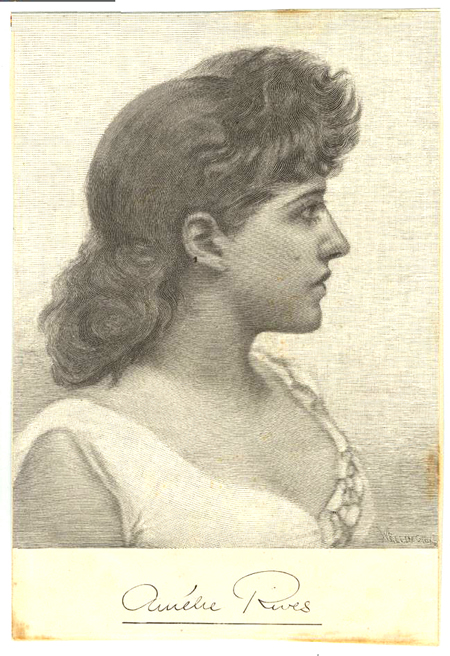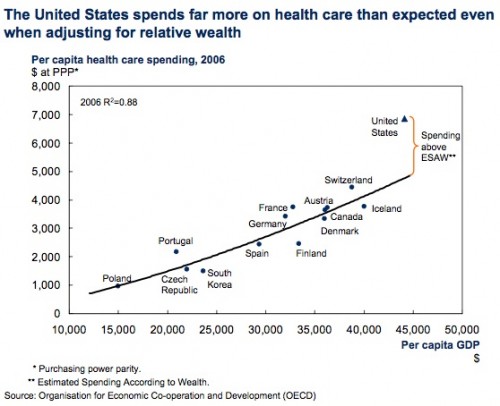The writer's bait and switch: Tana French
Some time ago, a friend lent me two books by the Irish author Tana French, In the Woods, and The Likeness. I enjoyed them both--obviously I enjoyed the first or would not have read the second. Oddly, despite French's obviously popularity, I had never heard of her, so I'm grateful to Sherri for having introduced me to her. Who else am I missing?
Both are mysteries, the first ostensibly a police procedural, the second a kind of "agent in place" investigation. Both have problems (which I'll get to in a minute), but, on a sentence-by-sentence, scene-by-scene read move right along, with sharp description, dialogue, characterization, and pace. As I think I've said before, high-end mysteries have it all over science fiction in the area of pure technical skill. And by that, I don't mean some kind of arid mechanics. I mean the deliberate means by which prose induces emotional, intellectual, and visceral reactions in the reader. I'm reminded of a fine mystery writer from across the North Channel in Scotland, Denise Mina--though Mina is much meaner to her characters than French is. I'll have to deal with her elsewhere.
When you find problems in an otherwise extremely well done book, you have to question whether the problem is an inherent consequence of the same choices that made the book work in the first place. There is no perfect narrative solution to certain issues, and sometimes focusing on certain difficiencies just makes you look clueless. You don't look to comedies for deep characterization, and epiphany-directed stories don't benefit from suspense.
So what are the issues? In In The Woods, French presents a scarring past experience involving a couple of vanished children, which in the end, plays little role save as "character's secret hurt" and is never explained. This is just a tease, a selling point in the initial pitch, and the source of cover copy. It's always important to remember that books are not just discrete chunks of prose, but devices that need to operate in the market as well as in the individual reader's head. This kind of bait-and-switch is annoying, but somewhat understandable.
The point of view character, Rob Ryan, needs that secret hurt to make him interesting, and to motivate him when necessary, so it's not just a tease. His relationship with his partner, Cassie, is an extended adolescent crush, which eventually gets tiresome, though his emotional retardation (he's in his 30s, and a homicide cop, for heaven's sake) plays a plot role too, because Rob has to be almost absurdly obtuse at a couple of points to keep the plot going. Tiresome, but the plot does keep going, so you forgive the kludges that let it do so.
The Likeness, in which Carrie is the point of view character, depends on a piece of melodramatic coincidence so absurd the experienced science fiction reader instantly reaches for explanations from our genre: time travel, matter duplication, cloning. Cassie's exact double is found dead, murdered. If you're wondering whether you'll ever find out why they are exact doubles, forget it: this is the given that generates the plot, and is never explained. Pick a science fictional explanation, if you want.
Cassie takes over the other woman's identity in order to find out who killed her. That's a great suspense generator. She finds herself in a hothouse situation in a beautiful old house full of beautiful academics. Ruth Rendell writing as Barbara Vine likes this kind of forcing vat of interpersonal conflict. It's also clearly reminiscent of Donna Tartt's The Secret History, as well as part of a P. D. James novel, An Unsuitable Job For a Woman, in which the reluctant detective, Cordelia Gray, must infiltrate a similar academic idyll. That book also works with some of the class stresses that underlie French's work. I enjoyed The Likeness too, on a page by page level, but found the contrivance more annoying than I would have liked. But, again, no contrivance, no book, so it's a trade I'm willing to make.
While there is clearly a limit, readers are willing to forgive a lot in order to get an entertaining, compelling book. In workshops we often pound on the logic of the story. Sometimes resolving all the contradictions resolves the book into nothing. Something I, addicted to rationality, will need to think about.
Good books. Recommended.









